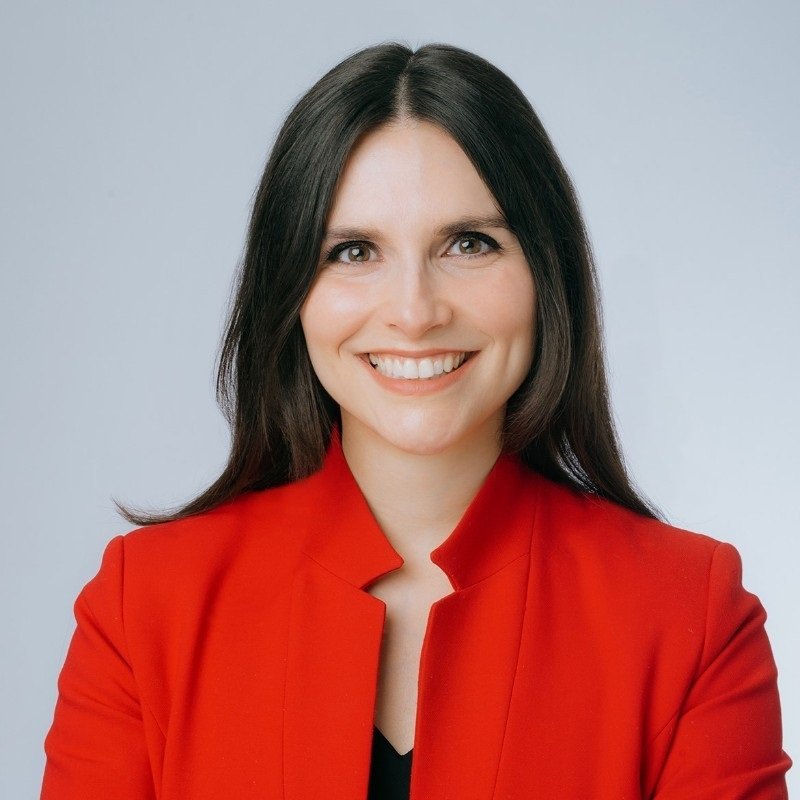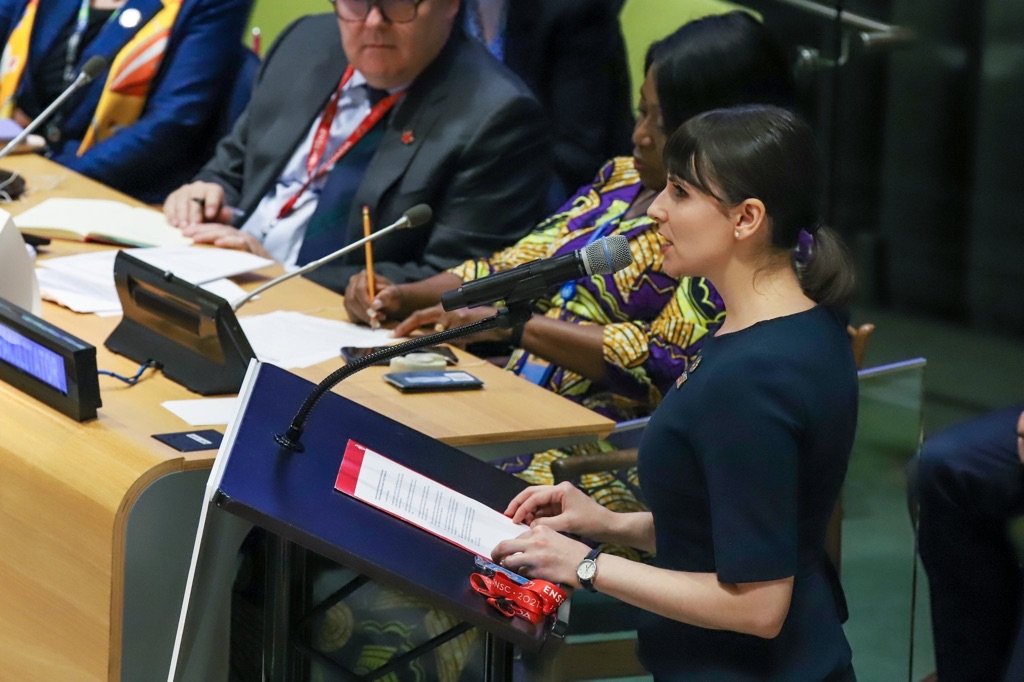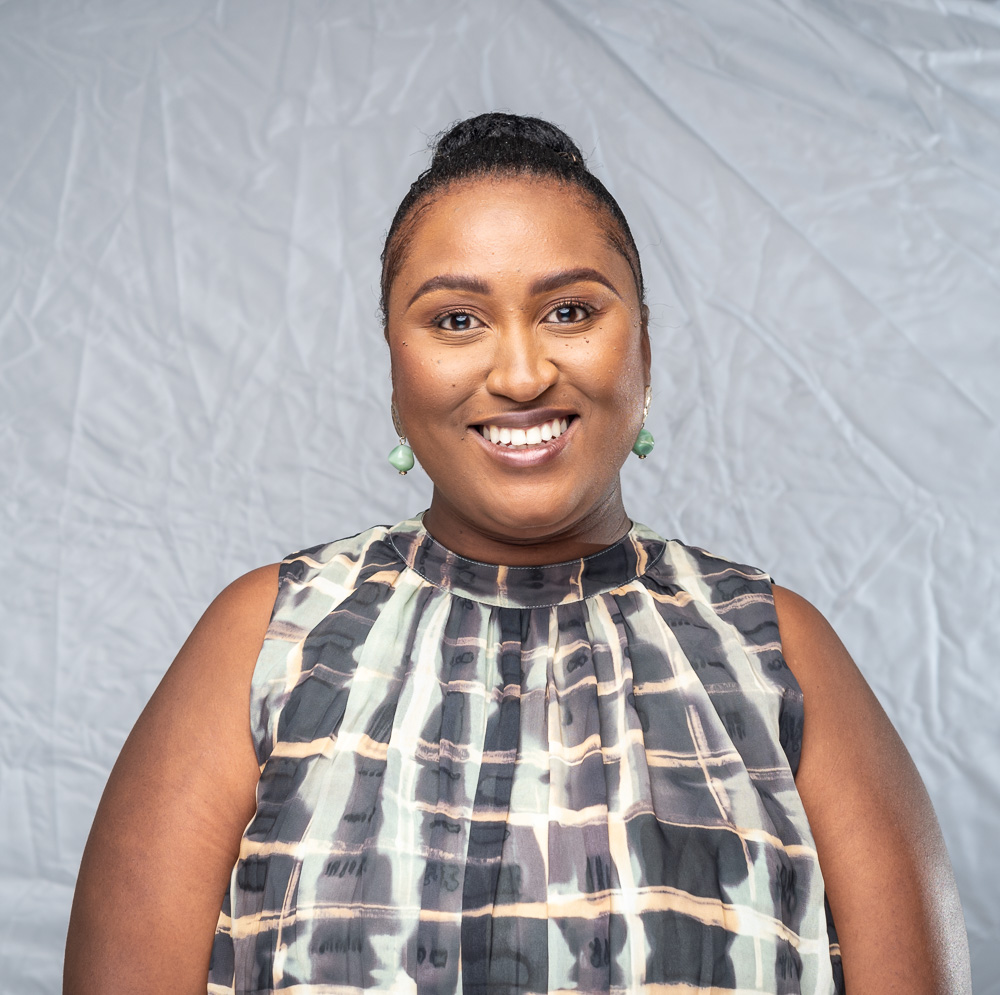Kgabang Moloedi, Assistant Portfolio Manager Development Impact Investing, Eskom Pension and Provident Fund
HOW DID YOU START YOUR CAREER?
3 min read
Phenix Capital Jun 27, 2022 11:18:40 AM

HOW DID YOUR JOURNEY INTO IMPACT INVESTING START?
I was first exposed to impact and development finance when I was working as a gender, human rights, and labour specialist with a consulting firm. Getting into consulting early in my career was such a formative experience because I got to work with many different types of organizations – private sector companies, development finance institutions (DFIs) and multilateral development banks (MDBs), but also UN agencies, certification bodies and multistakeholder initiatives. This enabled me to understand the impacts (both positive and negative) that private sector activities and investments can have on different groups of people, at different levels of the supply chain, and from different perspectives. I also learned about key levers and drivers of change in multiple sectors, which now helps me to support clients in building impact strategies that are aligned with their business objectives.
As a Canadian regularly working with DFIs and MDBs, I had always wondered why Canada did not have a DFI. So, when FinDev Canada was launched in 2018, offering a once-in-a-lifetime opportunity to come back home and help build a DFI from the ground up, I jumped at the opportunity! I was especially inspired by the stated intention to put impact considerations – especially women’s economic empowerment – at the center of investment decisions.
Over the past four years, it has been fantastic to contribute to the development of FinDev Canada’s suite of impact strategies, including on gender and climate, and to the construction and management of our growing portfolio of investments in Latin America, the Caribbean, and Sub-Saharan Africa. I am especially proud of the fact that we apply a gender lens to 100% of our transactions.

Anne-Marie Lévesque, Director, Gender and Impact Management at FinDev Canada
Given their place on the spectrum of development finance, DFIs can play a catalytic role by investing in solutions brought about by those impact investors with more flexible and higher-risk capital, while also attracting and crowding in larger commercial investors. DFIs should seek to support clients who are actively and intentionally making an impact, enabling them to scale it, but also those who are committed to making tangible improvements with the right help and support.
DFIs also have a strong signalling role to play. By being first movers and early adopters, they can send powerful messages to investors and the private sector about what good looks like. The 2X Challenge is a great example of this: what started in 2018 as a $3 billion commitment by G7 DFIs to support women’s economic empowerment in emerging markets is now the 2X Collaborative, a global industry body for gender lens investing designed to serve investors of all kinds making their first gender-focused investment as well as investors at the frontier of the field.
Following the launch of the 2X Challenge, we have seen real traction in the market for the 2X Criteria from clients, financial institutions, and other investors, who started using the criteria in their own investment activities to assess their impact on women’s economic empowerment. While DFIs did not invent gender lens investing, I think it is fair to say that an initiative like the 2X Challenge had a significant impact in signalling to the market that this is topic companies and investors should care about and provide practical standards and tools to do it.
I think the biggest challenges all come down to the tension between the desire for universal metrics that can be used to aggregate and compare impact across sectors and geographies, and the need for highly context-specific data and analysis to understand what impact is really happening on the ground. The realities of our portfolios are such that clients often have limited capacity to collect and analyze data related to all the possible impacts of their activities, which means we must prioritize what we can ask for.
Another challenge relates to the measurement of the more qualitative dimensions of impact, which can be very nuanced. Take the notion of intentionality, for example, which came up a lot in the context of the 2X Challenge: if a company employs a significant share of women in its workforce, but got to this result by no specific effort or intention, is it really having a positive impact on gender equality? Different investors might have different takes on this question.
Therefore, I think frameworks and standards which focus on the process of impact investing and management – such as the Operating Principles for Impact Management, of which FinDev Canada is a signatory – can help impact investors overcome some of these challenges.
The fight for gender equality has been a constant feature in both my personal and professional lives so far, so I will say SDG 5. Gender equality is one of these goals – like SDG 10, Reduced Inequalities – that are both a condition and a success factor in reaching all the other goals.
The challenges our world is facing right now, from COVID recovery to the fast-growing climate emergency, could well end up making things worse for those who are already excluded, bringing us farther still from achieving our 2030 goals.
As the COVID crisis and climate change have both shown us, issues like these know no borders, so we all stand to gain from increasing our resiliency to future shocks, including by improving living conditions for all.
Similarly, we simply cannot afford to go without the talents and contributions of more than half the population if we want to solve these incredibly complex challenges.
I am incredibly excited to see the 2X Collaborative continue to grow its membership and expand the reach of gender lens investing. I am especially looking forward to seeing greater integration of the gender and climate investing agendas, and hope this will be a key theme of COP 27 this November.

HOW DID YOU START YOUR CAREER?

HOW DID YOU GET INTO IMPACT INVESTING?
